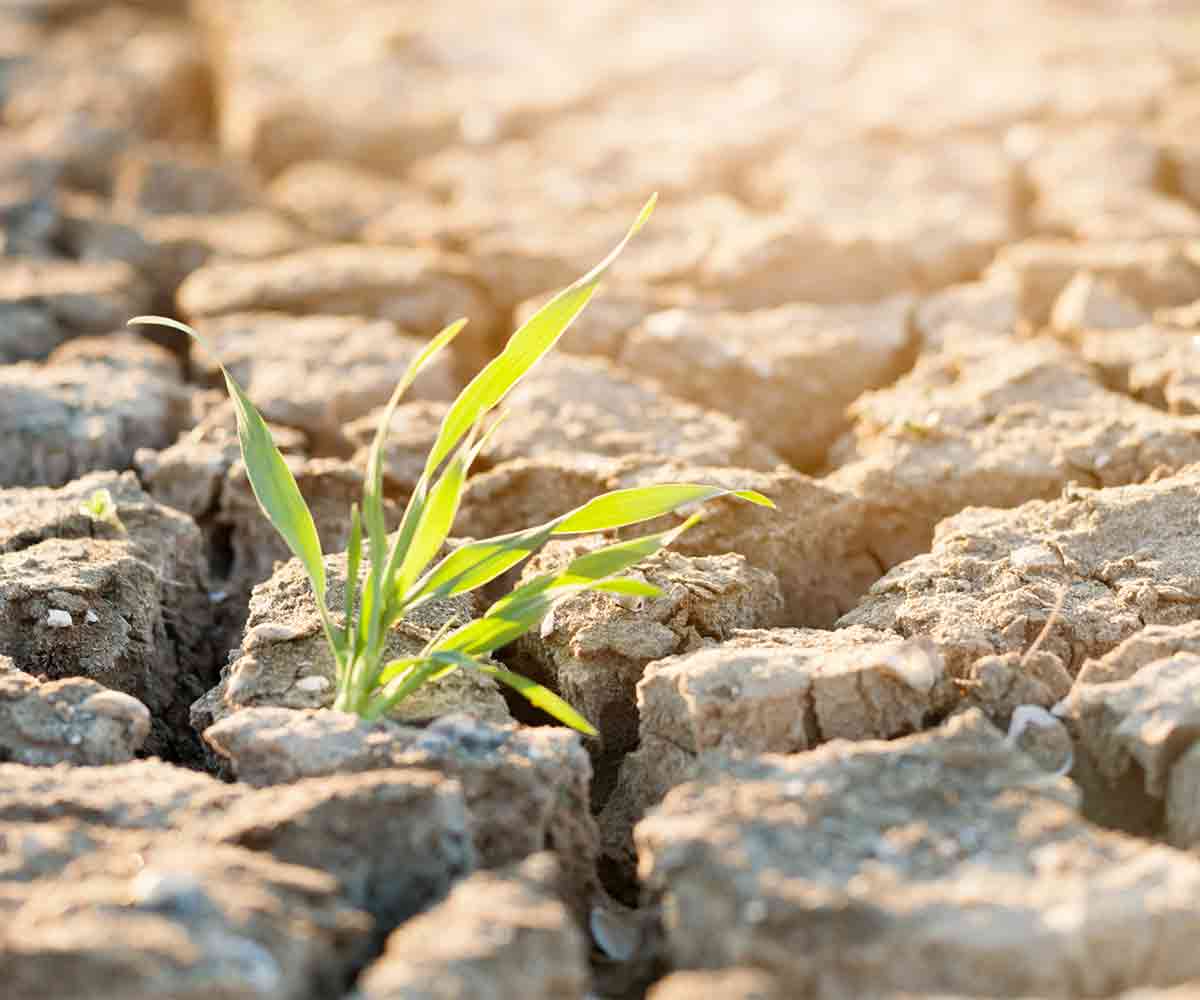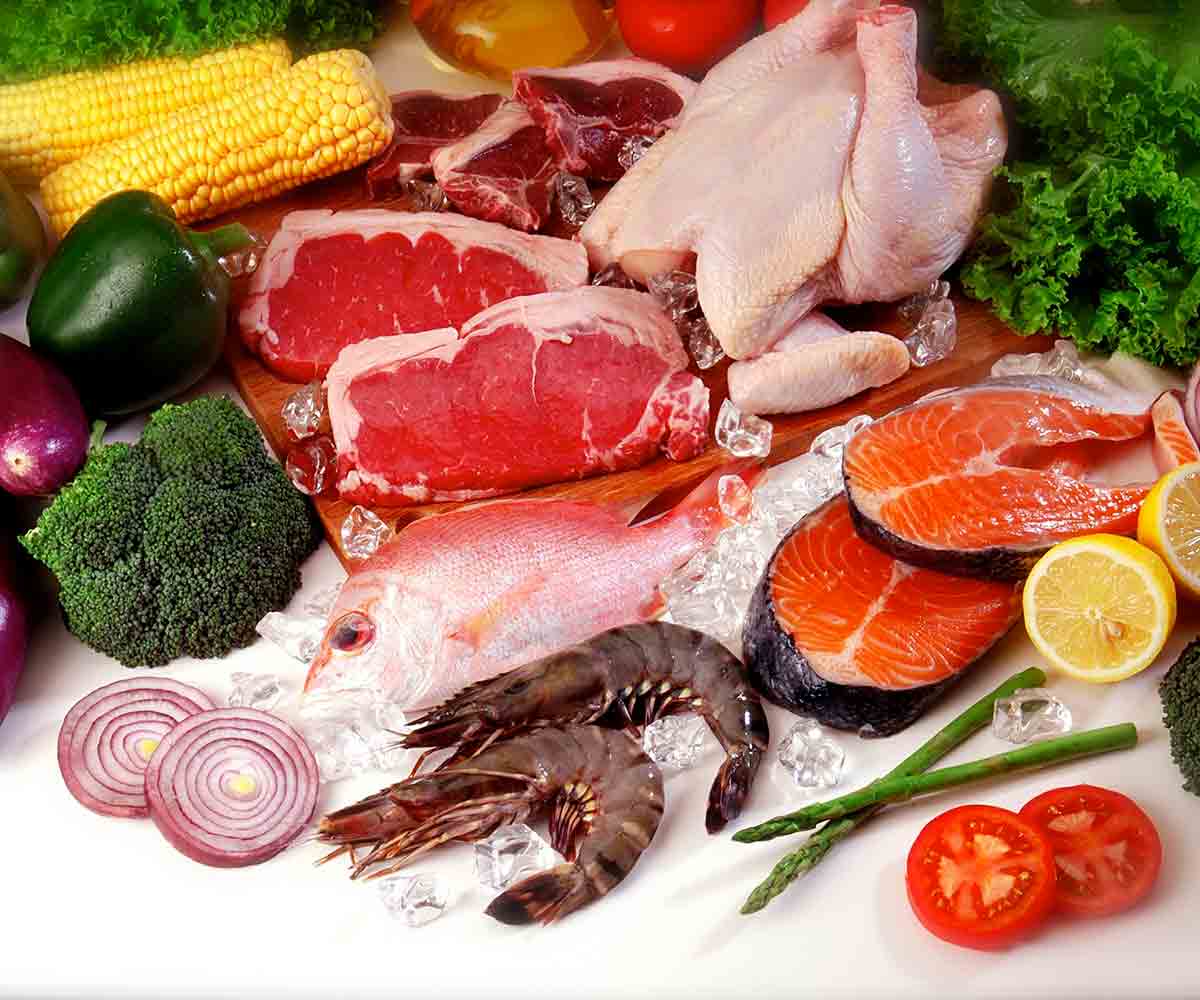The biosphere is a delicate and dynamic system of energy, as well as one of organic and inorganic matter. When we disrupt any part of it, the results ripple out and have far-reaching effects, often seemingly unrelated to their source. We search in vain to find some alien cause. Our attitudes regarding degenerative disease are a good example. When we focus on specific nutrients in our diet, we fail to see the bigger, truer picture. We often fail to see how our food choices are driven by emotional and social influences and not physical need. This is why understanding diet and human ecology is so important.
The Consequences of Disaster Nutrition
Every time a celebrity eats a piece of tofu I hear a round of applause from my fellow foodies. Aging rock stars who want to keep their trim looks and ex-presidents who rock the connection between diet and heart disease are certainly an inspiration – it shows someone is paying attention anyway. The problem is that while even a little news is good news, underneath the surface lurks the grim reality of the food industry and that is disaster nutrition.
Organic foods account for less than four percent of the food sales in America. To understand the size of this in industry terms, the dollar volume of organic product sales (US 2009 – 24 billion) is only slightly higher than the total sales of salty snacks (US 2009 – 21 billion).
Seasonal Eating and Nutrition
Seasonal cycles, shifts in the weather, and even the move from night to day are not external artifacts. The environment is in constant flux, and we are in flux with it. In the animal kingdom, this shows in cycles of fertility, migration, and many aspects of behavior. These shifts in the environment have influenced human activities, physical and cultural, for millions of years. Our bodies still dance to the rhythm of natural change. Macrobiotics is built around the simple insight that learning to cooperate with natural cycles is productive for health. It is a plant-based diet with non-perishable foods, such as whole grains and beans at the foundation, that is the hope for the future. Macrobiotic nutrition advocates regional and seasonal eating to reduce food waste and to lower the environmental effect of food transportation, both serious issues in the discussion of food choices.
Approaching Nutrition in an Ethical Way
Bill Tara, takes an honest look at our food-supply, climate change, and how to approach nutrition in an ethical way.
In the past several months there have been a number of scientific reports released regarding the benefits of a “plant-based” diet. The response from those in the vegetarian, pescatarian, flexitarian, reducetarian (my favourite is semi-vegan) and even some macrobiotic folks has been resounding. The phrases, “finally” and “about time” and “we were right” were quick to pump up the idea that something big was afoot. Really?
Nutrition And Tradition
One of the most controversial and curious subjects in modern nutrition is the place of animal protein in a healthy diet. The evidence has been building over the past twenty years that our reliance on meat and dairy foods are a mistake. Most epidemiological studies indicate that excessive consumption of meat and dairy is a primary factor in most degenerative disease. These studies, coupled with the fact that the economic and environmental damage of the modern meat and dairy industries far outweighs its social and nutritional value, do not seem to shake the public belief that animal fats and protein are essential for a healthy diet.





